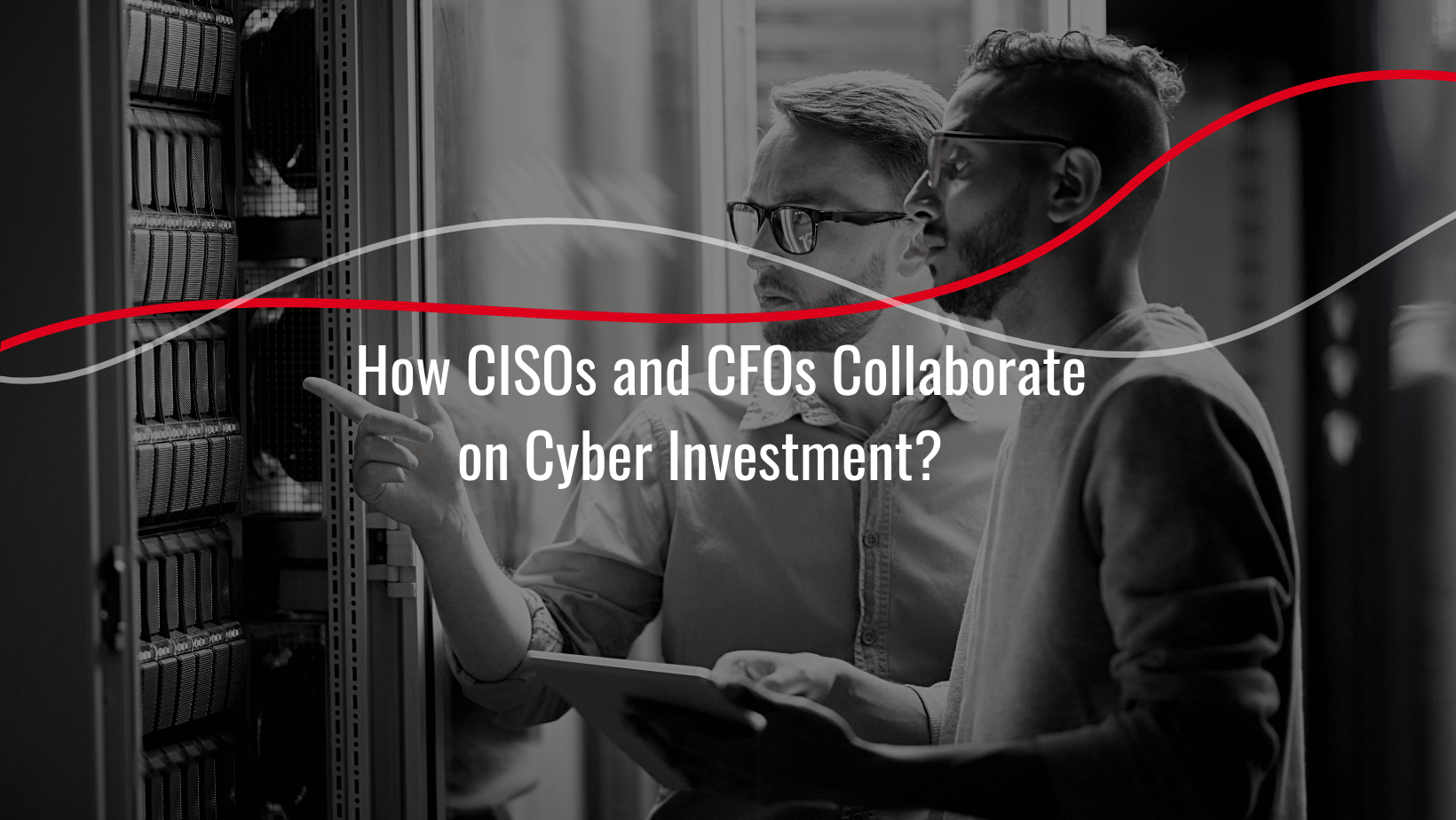How to Develop a Cybersecurity Strategy for 2024: 7 Key Steps for Effective Protection
Explore the 7 key steps to craft a robust cybersecurity strategy for 2024. Learn to assess risks, implement technologies, and train your team for top defense.

Cybersecurity is, at heart, a money problem, and significant monetary loss and reputational damage may result from a data breach. According to IBM research published in 2022, the average cost of a data breach worldwide is $4.35 million, with the United States having the highest average at $9.44 million. For this reason, cybersecurity investments must be a top priority.
Securing such funding is challenging for the CISO, necessitating collaboration with the company's financial expert, the CFO. While CISOs should educate CFOs on how technology can aid in organizational goals, CFOs can also explain from their point of view how to effectively manage cybersecurity investments to serve the company's objective. This article outlines cyber investments, the roles played by the CFOS and the CISO, and how they collaborate.
Cyber investment is the sum of money a company sets aside to fund developing and implementing security systems and procedures. When budgeting for cybersecurity, it's important to determine which assets and data are most crucial to the company's success and to invest accordingly.
To protect their assets and data, companies must consistently analyze and reassess their cybersecurity posture in response to emerging threats and the increasing need to prevent cyber attacks. There are various avenues for investing in cybersecurity, including:
Cybersecurity is not just the responsibility of one department or individual within a company. While the CISO and CFO are responsible for making important decisions related to cybersecurity investments and action plans, it is important to recognize that every employee has a role in keeping the company safe from cyber threats. Additionally, stakeholders such as vendors and partners must be considered part of the company's overall cybersecurity posture. By recognizing that cybersecurity is a shared responsibility, companies can work together to create a culture of security and better protect themselves from cyberattacks.
CFOs are responsible for the company's finances, and a CISO can help deliver the crucial data they need to make informed decisions. Regarding cybersecurity, the CISO and CFO can speak the same language to streamline the reporting process and present information in a way that board members can more easily comprehend.
A CISO's ability to make the business case for security initiatives depends on their familiarity with the viewpoint of the CFO, who can provide valuable perspectives on risk management from a viewpoint different from that of the CISO.
The CFO can easily see the company's financial health and progress toward its goals. For this reason, the CISO and the CFO need to work together to integrate cybersecurity objectives into the overall company objectives. They should also articulate the key performance indicators and measures to allow the company to achieve these objectives.
CISOs may not feel heard when setting strategic priorities. Involving the CFO in CISO strategy sessions can help build trust by demonstrating that both parties are committed to achieving the same objective and facing similar challenges.
As part of their collaboration on cybersecurity, CISOs, and CFOs must also consider regulatory requirements that might impact their company. They must stay informed of these requirements and ensure their company complies. Additionally, they should invest in cybersecurity measures that exceed the minimum requirements to provide a higher level of protection against potential cyber threats.

The CISOs and the CFOs collaborate and share knowledge to make sound financial decisions on cyber security. Collaborating can take numerous forms, including:
Chief Information Security Officers (CISO) and Chief Financial Officers (CFO) should work in tandem, thanks to their combined knowledge of technology and finance, to ensure that the company's funds are being invested wisely in cybersecurity and that the company's cybersecurity needs are being prioritized in a way that is consistent with its strategic planning and goals.
The CFO and the CISO can ensure that the company's cybersecurity investments align with its overall strategic plan and goals and that its financial resources are being used effectively. Moreover, due to effective communication between CFOs and CISOs, they can demonstrate the importance of cybersecurity to other executives and the board of directors to gain the support necessary to implement cybersecurity measures across the company.